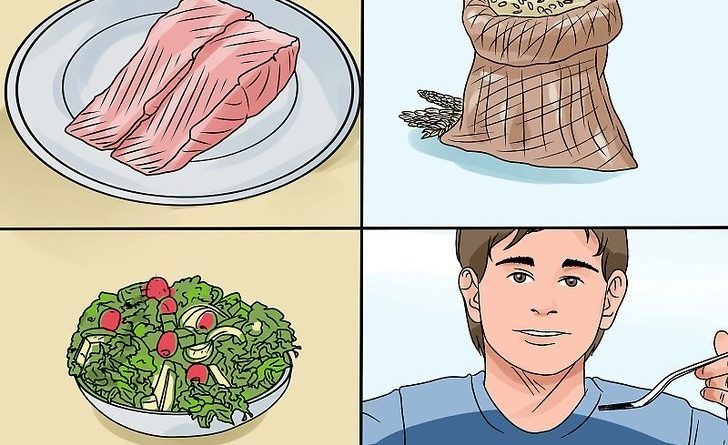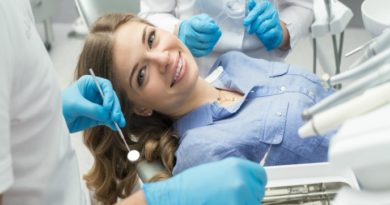Diet That Affect Your Hearing | Food For Your Ears
As we all know “Eat healthy and live healthy”. What we eat that we are. For a good health, diet plays an important role. Eat a healthy, well balanced diet and spend a healthy, well-balanced life. Diet and good health have been studied for years.
Some foods can improve your hearing, while a diet that’s lacking in certain nutrient can prove harmful. When it comes to ability of hearing, there are several factors that can have varying levels of impact. Instance hearing loss can be passed down for generations, especially with conditions like Waardenburg and Ussher syndrome. Sinus infections can also cause a form of temporary hearing loss, which is cured by antibiotics. Even sudden changes in air pressure- like while traveling in an airplane- can have some effect on hearing ability. But what about diet? The food you eat can help prevent diseases and streamline certain bodily functions. Does that hold true for helping prevent or even outright cause hearing loss?
How Diet impacts on hearing:
Over the year, after several studies found that there is an undeniable link between hearing and the quality of your diet.
A 2013 study in the international journal of Audiology found that people with a deficient intake are more likely to experience hearing loss. The researchers behind the study came to this conclusion by looking at data from the National Health and Nutrition Examination Survey, which was conducted between 1999 and 2002 and featured personal and medical information from 21000 participants.
In 2010 study in the Journal of Otolaryngology-Head & Neck Surgery looked at how a healthy diet would impact the risk of hearing the loss in adult man. The research found that men who maintained a healthy and well-balanced diet, one with plenty of folic acids, had a significant reduction in hearing loss.
Read more: 4 Best Vitamins and Supplements for Weight Loss
Free Radicals
Free radical is naturally produced by the body whenever the body or body parts are stressed. A nicked finger will stress the body and the body reacts by producing free radicals- corrosive little molecules that damage the body at cell level.
Research shows that as we age, our bodies produce more free radicals, linking these toxic little molecules to the aging process itself. Today many researchers believe that free radicals, in fact, contribute to and even hasten the aging process. That can’t be good.
Research shows:-
A study conducted at the University of Wisconsin- Madison provides a compelling result on the relationship between the amount of food we eat and our longevity- how long we live.
And it’s not about what you eat, it’s about how much you eat- your caloric intake.
Researchers found that An enzyme called Shirt3, lessen the damaging impact free radicals have on the human body.
By eating less than our normal intake of calories the body produces increased levels of Shirt3 that combat free radical damage and, if we curb the harmful effect of free radicals, we may, indeed, slow down the process of aging.
Diet and Hearing
The hearing mechanism is complex, delicate collection of the tympanic membrane, the three smallest bones in the body, the cochlea and other sensitive body bits that people to hear the world around them.
Though, free radicals, associated with aging, the damage this delicate marvel of nature leading to an age-related hearing loss. Most people, after they reach 60, experience at least some degree of hearing loss.
Now that researchers have isolated Sirt3 as a key defense against the impact free radicals have on hearing we all have some choices to make about just how much we eat and quality of life.
If you want to live 10 years longer, consume 10% fewer calories daily. Now that may sound easy but eating is one of the joys of life and making that sacrifice every day may get tired first.
Magnesium- in bananas, broccoli, and potatoes, magnesium found and it can help strengthen your inner ear.
Omega 3 fatty acids- These acids found in most fish that protect blood vessels in the ear’s sensory system
Antioxidants- Foods like bananas and lentils contain antioxidants that counter free radicals that can impede hearing.
Potassium – By helping to regulate fluid in the blood, foods like tomatoes and spinach can ensure a better hearing for longer.
Zink- This vitamin protects the immune system as a whole, including preventing harmful ear infections.
Some foods will actively prevent hearing loss, there are other options that only speed up the process. For instance, foods with high levels of salt or sugar can negatively affect the fluid level in body, and that can lead to ear infections and other concerns.
It’s clear that diet has a profound impact on hearing, both for better or worse. Speak with your primary physician to make sure you are consuming the right foods to protect hearing and overall health.
Author Bio –




